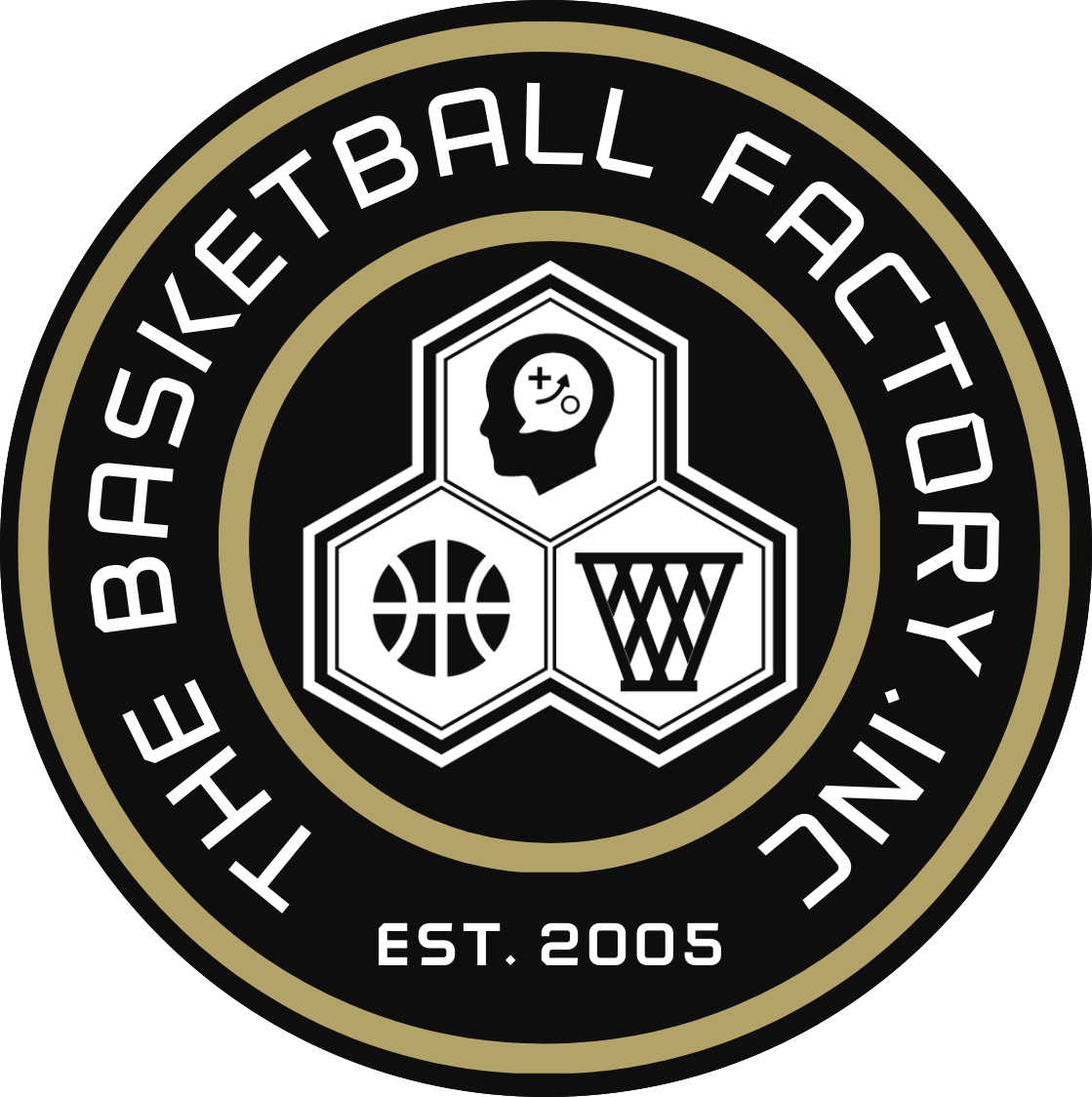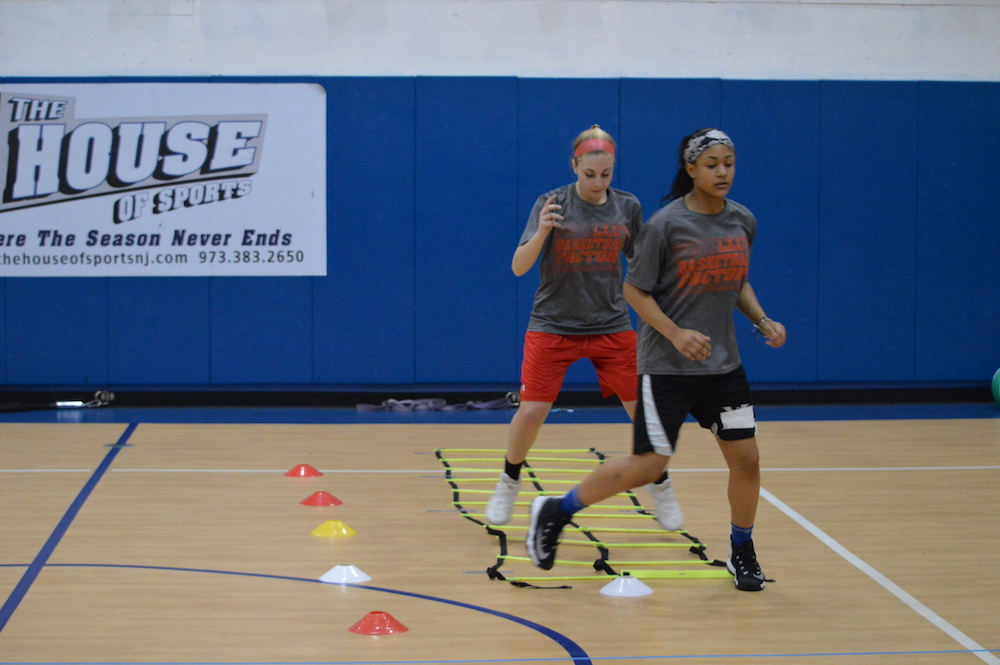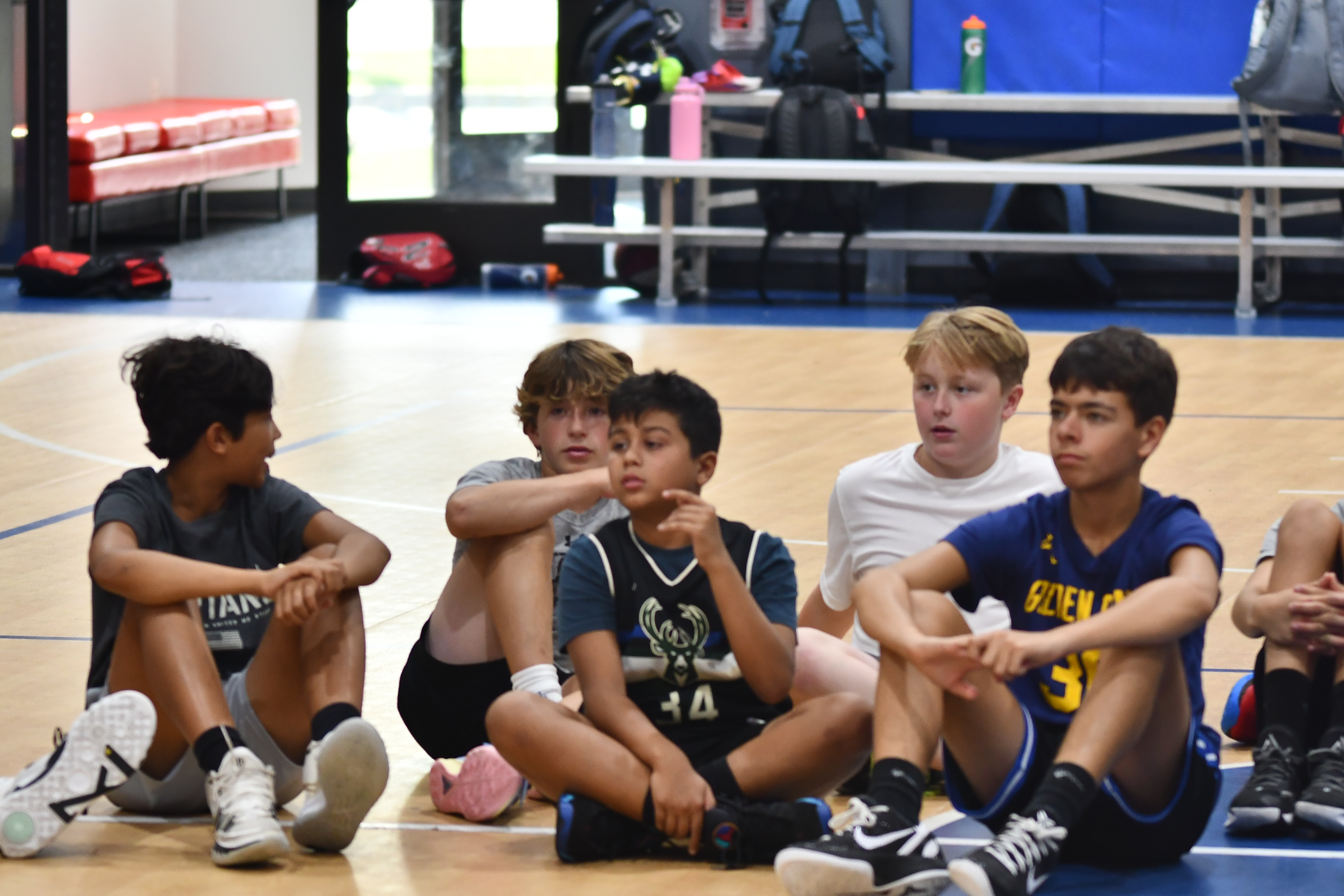Understanding the Holistic Approach
In the realm of sports, particularly basketball, players often find themselves tucked into a narrow definition of development—primarily physical fitness and skill enhancement. However, an emerging perspective emphasizes a more comprehensive outlook known as holistic development. This approach goes beyond mere athletic conditioning; it involves nurturing the entire athlete, including their mental and emotional well-being. But what exactly does holistic development entail?
Definition of Holistic Development
At its core, holistic development focuses on the athlete’s overall well-being—body, mind, and spirit. It posits that to excel in sports, one must cultivate not just physical prowess but also mental sharpness and emotional stability. When players engage in a holistic training regimen, they are encouraged to explore practices that promote mental clarity and emotional resilience. This could include mindfulness, meditation, and stress management techniques, which have proven to significantly enhance focus and performance during competitions.
The Importance of Mental Health in Sports
Mental health plays a pivotal role in athletic performance. Recent studies indicate that as many as 70% of athletes experience anxiety during competitions. Such numbers are alarming and indicate the necessity for players and coaches to prioritize mental health just as they would physical fitness. Implementing stress management strategies can aid athletes in navigating the pressures of competitive sports. Techniques such as visualization and breathing exercises allow athletes to channel their anxiety into improved focus and performance on the court.
Training Beyond the Court
When it comes to basketball performance, many still focus solely on on-court skills and strength. However, a broader perspective reveals that true basketball excellence requires a more holistic approach, especially in areas such as nutrition, rest and recovery, and cross-training. For young basketball player striving to reach the next level, understanding these essential components can transform their game and overall health.
The Role of Nutrition in Athlete Performance
Athletes often hear the phrase,
‘You can’t out-train a bad diet.’
This impactful statement from nutritionist Sarah Kline encapsulates the essence of how critical nutrition is to performance. It’s not just about calorie consumption; rather, it’s about quality as well as quantity.
Understanding macronutrients—proteins, fats, and carbohydrates—is vital for any young player. Each plays a specific role in energy levels, muscle recovery, and overall health. For instance, studies suggest that players consuming balanced diets tend to perform around 20% better on average than those who do not prioritize their eating habits. This data indicates that sufficient protein intake can aid in muscle repair, while proper carbohydrate consumption fuels energy for those intense training sessions.
Impact of Rest and Recovery on Training
No less important than the food that fuels their bodies is the rest that allows athletes to recover. In many cases, the quest for improvement can lead to overtraining, which often results in injuries and a decline in performance. It’s critical for athletes to recognize that their bodies need time to repair and grow stronger.
Research has shown that athletes who prioritize recovery can see performance improvements of up to 30%. This recovery phase isn’t merely about kicking back and relaxing; it involves practices such as proper sleep, stretching, and even mental relaxation techniques like meditation. These are not luxuries but essential components of a well-rounded training regimen.
Cross-Training Benefits
Cross-training, or engaging in different sports or physical activities, greatly complements training regimens, and it’s a strategy many athletes overlook. For instance, basketball players can benefit from swimming, cycling, or even yoga. Why? Each sport emphasizes different skills and muscles, giving an athlete well-rounded physical development.
Moreover, cross-training can be a major antidote to burnout. Doing the same activities day in and day out can lead to mental fatigue. Switching things up keeps training fresh and exciting, ultimately fueling a player’s passion for their primary sport while enhancing overall athletic capacity. This approach paves the way for better performance during the competitive season.
Practical Applications
Incorporating these elements into a training routine is essential, yet often challenging without guidance. Athletes and coaches can draw insights from industry knowledge—like the holistic approach discussed in recent podcasts—to devise a well-rounded strategy. Here are some actionable steps:
- Meal Planning: Create a weekly meal plan that includes a variety of macronutrients tailored for optimal energy and recovery.
- Schedule Rest Days: Implement regular rest days and emphasize light, restorative activities to complement hard training.
- Explore New Sports: Encourage athletes to try new sports during the off-season to diversify their skills and reduce the risk of burnout.
These strategies not only enhance performance but also encourage a lifelong appreciation for athleticism and well-being.
Creating a Supportive Environment
In the world of sports, the atmosphere that coaches cultivate can significantly influence not just the performance of the players but also their overall experience in the game. A positive coaching culture is pivotal, forming the backbone of successful teams.Nurturing this environment is certainly not without its challenges, but the rewards are profound and far-reaching. Coaches and families working together can truly unlock a player’s potential and passion, paving the way for a fulfilling sporting experience that transcends the court.
Ultimately, the transformation of young athletes into not just better players, but also better individuals begins when a supportive atmosphere is prioritized in their training regimen. Encouragement, understanding, and community—these are the cornerstones of a successful support system that can elevate the game and the spirit of every player.
TL;DR: Cultivating a positive coaching culture enhances player satisfaction and trust, leading to improved performance. Strong player-coach relationships and active family involvement are essential for creating a nurturing environment that supports player growth on and off the field.





